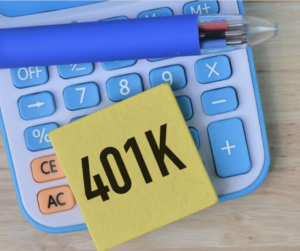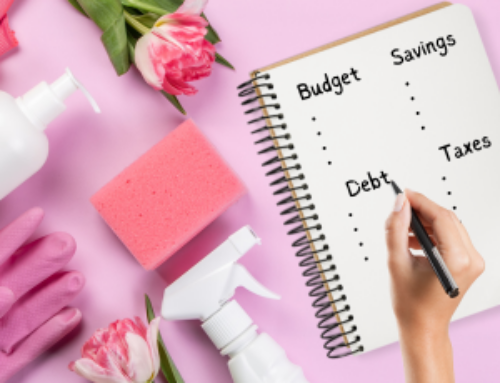If you’re one of the millions of Americans who are out of work due to the coronavirus pandemic, you’ve likely had a lot on your financial to-do list: Filing for unemployment benefits, for instance, and figuring out how to get health insurance coverage.
One thing that may get lost in the mix, though, is what to do with retirement accounts from your former workplace, like your 401(k) employer sponsored retirement account. Losing your job means losing your ability to contribute to the account — but the money you’ve accumulated will still be there. Here’s what experts suggest you do with it.
Size up your 401(k) options
Usually, you’ll have three options when it comes to your old 401(k):
Keep the money in your old employer’s plan
Roll the money over into a new account, either a new employer’s 401(k) plan or an IRA
Withdraw the money, which would mean you need to pay taxes and penalties
Some of those options may not be open to you. For example, your old employer may not let you keep your money in its plan if your balance is less than $5,000, or your new company may not accept a rollover.
Keeping your money in your old employer’s plan can be the easiest option — you don’t have to do anything, and the money will remain in the account, though you won’t be able to continue to make contributions. There’s a risk you could lose track of that old account, though. Companies have been unable to reach more than 25 million “missing participants” who left behind a workplace plan from 2004 through 2013, according to a 2018 Government Accountability Office analysis.
To keep that from happening to you, experts say the best move for most people is to roll the money over either into a new employer’s 401(k) plan when you get a new job or to move the money to an IRA. That helps you keep track of your money and keep up with your contributions.
“Move your money into a standalone IRA,” says Melody Juge, founder of Life Income Management, a North Carolina-based financial services firm. Juge recommends that you “transfer the money out” as soon as you can so that you can keep contributing even while you’re between jobs.
An IRA also gives you more control over how your money is invested because you aren’t limited to the handful of options your employer plan offers. But you’ll also encounter different fees, so make sure you compare your options before you move your money.
‘You don’t touch retirement money’
There are two reasons you don’t want to withdraw money from your retirement accounts: You’ll typically get hit with taxes and a 10% withdrawal penalty (if you’re under 59½), and you’ll hamstring your long-term savings goals.
Given that so many people are in a financial crunch right now, especially if you’ve lost your job, it can be tempting to want to withdraw money from your 401(k) to help make ends meet. The government has actually removed some of the barriers to do this: You can withdraw up to $100,000 penalty-free throughout 2020, as a part of the $2.2 trillion stimulus package passed in March.
And early withdrawals are a widespread issue: Even before the pandemic, 1 in 3 investors had cashed out a 401(k) before reaching retirement age, according to data from Fidelity.
Experts are adamant, though, that it’s best to avoid dipping into your retirement savings if at all possible. There are accounts or investments you can tap if you’re in dire need of cash; good options could include selling stocks or liquidating CDs. You can also look at making some lifestyle changes to cut spending or temporarily reduce your retirement contributions.
“We have to balance financial survival, including drastic reductions in spending and drawing on resources that are essential to live, with the long-term objectives of having money for the future,” says Len Hayduchok, a certified financial planner and CEO of Dedicated Financial in New Jersey.
Depending on your individual financial situation, choosing what to do with your 401(k) might not be such a simple decision. But Juge says to remember that you’re essentially borrowing from your future and setting yourself back if you choose to take your money out.
A withdrawal is “your very, very last resort,” she says. “You don’t touch retirement money.”
ORIGINALLY PUBLISHED: https://grow.acorns.com/what-to-do-with-your-401k-if-you-get-laid-off/









